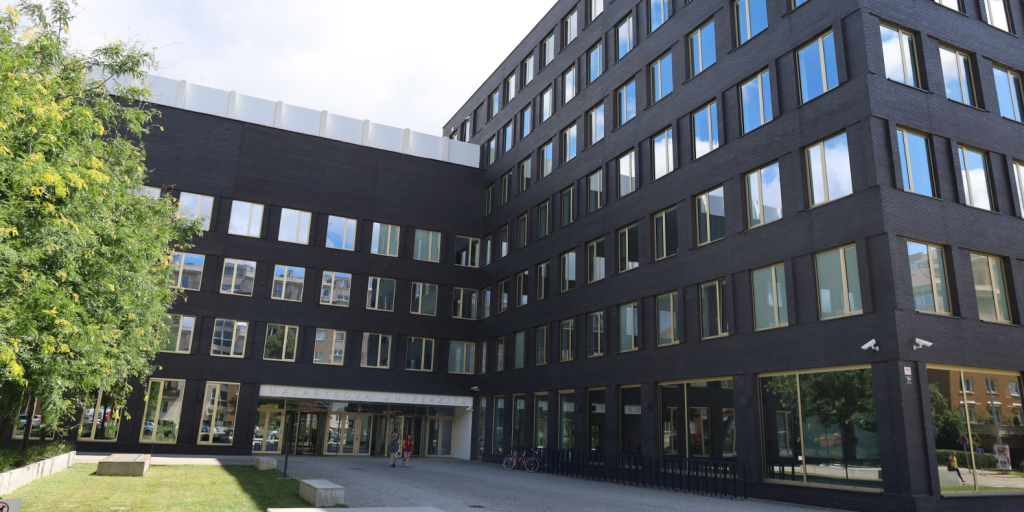Masaryk University (MUNI) and the Brno University of Technology (BUT) have been selected to lead two new EU-funded cybersecurity initiatives. The projects build on their ongoing collaboration in the Cyber-security Excellence Hub of Estonia and South Moravia (CHESS), which brings together top cyber-security institutions from both regions.
MUNI will coordinate a project called Cybersecurity Certification and Assessment Tools (CCAT), which will be implemented by a consortium of nine institutions, universities and companies from the Czech Republic, Estonia, Italy and Germany, with a budget of more than €4.2 million.
The project builds on four open-source cybersecurity tools developed by universities, and aims to make them usable in applied, non-academic settings. The CCAT tools will enable the assessment of Transport Layer Security (TLS) systems, the evaluation of cryptographic devices and software libraries, including black-box setups, the testing of embedded security architectures (chips), and the analysis of cybersecurity certification landscapes.
Petr Švenda, one of the leading researchers at Masaryk University, explained, “CCAT shifts our focus from simply detecting vulnerabilities in existing products to proactively providing solid and easy-to-use tools that help prevent vulnerabilities in future designs. Our open-source approach increases the transparency of security testing, giving product users greater insight into the security of the technologies they rely on.”

BUT, on the other hand, will coordinate the QARC (Quantum-Resistant Cryptography in Practice) project, which involves 18 partners from 12 European countries and has a budget of more than €6 million.
The main objective of QARC is to accelerate the transition to quantum-resistant cryptography in close collaboration between the university, the industry and the public sector. The project focuses on the provision and testing of technical solutions resistant to quantum attacks, as well as international networking, cooperation between national cybersecurity authorities, road mapping and harmonisation across EU countries.
“QARC represents the continuation of our long-term activities in the field of post-quantum cryptography, which started many years ago,” says Jan Hajný, QARC Principal Investigator from BUT. “Thanks to previous projects such as CHESS and NESPOQ (Network Cybersecurity in Post-Quantum Era), we have gained valuable experience in the design and practical use of quantum-safe technologies, such as those currently available in our Quantum Security Laboratory. Our partners from the Czech Republic, Estonia and 10 other European countries, who have the highest qualifications, have made this project a success.”








